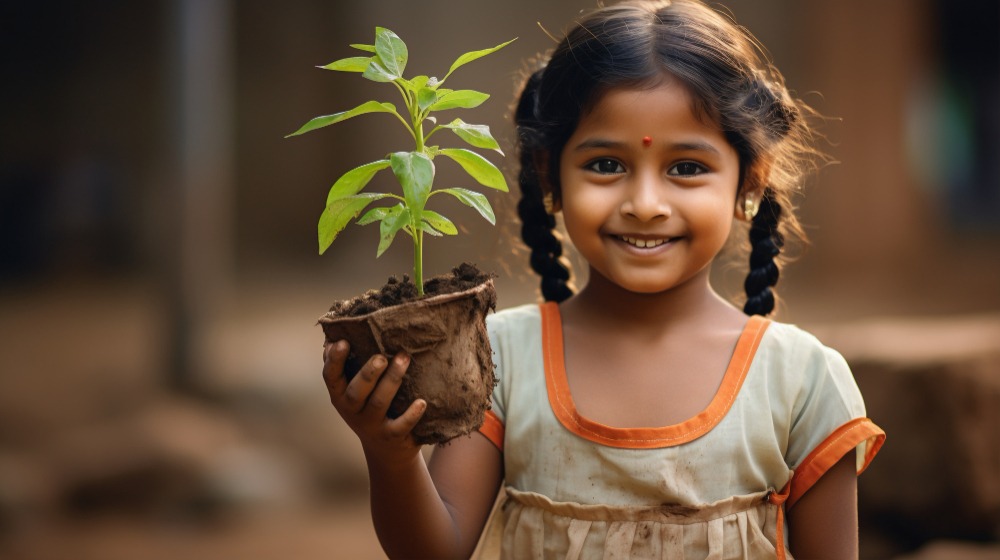Need for Self-sustainable India
India, with its vast population, rich resources, and thriving economy, is at a crossroads where developing self-sustainability is no longer a choice but a necessity. There is an urgent need for India to prioritise self-sufficiency across multiple sectors.
Economic Self-sustainability
First, self-sustainability in the economy is critical to India’s robustness in the face of outside forces. Over-dependence on imports for critical goods exposes the country to vulnerability, as proven during crises like the COVID-19 pandemic. By encouraging domestic manufacturing and limiting dependency on imported commodities, India can insulate its economy and assure the continuity of necessary supplies, thus protecting its people’s livelihoods

Self-sustainability in Agriculture
Second, increasing self- in agriculture is critical to food security and rural development. Despite its agricultural economy, India faces issues such as fragmented land ownership, water scarcity, and reliance on traditional farming practices. Embracing technology-driven solutions, supporting sustainable farming practices, and investing in rural infrastructure may boost productivity, minimise waste, and benefit the agricultural community
Energy Self-sustainability
Furthermore, energy self-sustainability is critical to India’s transition to a brighter future. With increasing energy consumption and concerns about climate change, switching to renewable sources like solar, wind and hydroelectric electricity is important. Investing in clean energy infrastructure not only reduces reliance on fossil fuels but also contributes to reducing environmental degradation, opening the way for a more sustainable and healthy ecosystem.
Social Self-sustainability
In addition to economic and environmental considerations, social self-sustainability needs to guarantee broad development and fair access to healthcare, education, and necessities for all citizens. Bridging the urban-rural divide, tackling income inequalities, and empowering underprivileged areas are critical steps towards creating a socially sustainable nation in which everyone can contribute to and benefit from the development of the nation.
Finally, the necessity for a self-sufficient India extends beyond the economic, environmental, and social elements. By adopting self-sustainability as a guiding concept, India may create the path to prosperity, strength, and inclusive growth. India has the potential to become an example of sustainability, not only for its residents but also for the rest of the globe, if leaders, corporations, and society at large collaborate
Contributions from Godrick
Godrick aims for a future in which India is a model of self-sustainability, representing an ideal balance of economic prosperity and environmental responsibility. Godrick intends to promote the nation’s journey towards self-sufficiency by supporting innovation and sustainable practices in all sectors. The Organization tries to lessen dependency on external sources and build a strong home ecosystem by promoting projects that encourage sustainable energy sources, environmentally friendly production practices, and responsible resource management. Godrick works collaboratively with local communities, businesses, and government organisations to empower individuals and enterprises to achieve their full potential and contribute to the development of a self-sustaining India.



